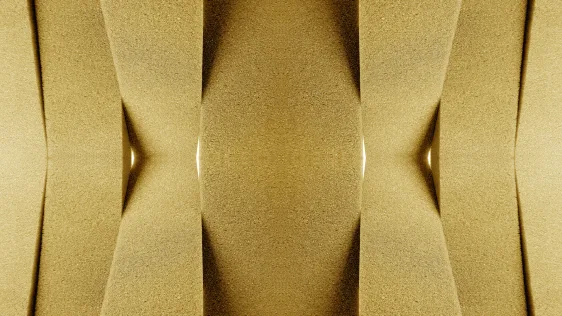Community, Leadership, Experimentation, Diversity, & Education
Pittsburgh Arts, Regional Theatre, New Work, Producing, Copyright, Labor Unions,
New Products, Coping Skills, J-O-Bs...
Theatre industry news, University & School of Drama Announcements, plus occasional course support for
Carnegie Mellon School of Drama Faculty, Staff, Students, and Alumni.
CMU School of Drama
Tuesday, January 17, 2023
The foam used in car seats and mattresses are hard to recycle—we made
www.fastcompany.com: A new plant-based substitute for polyurethane foam eliminates the health risk of the material, commonly found in insulation, car seats, and other types of cushioning, and it’s more environmentally sustainable, our new research shows.
Subscribe to:
Post Comments (Atom)

3 comments:
I think that this is a very good idea from both a health and an environmental standpoint. I think that even though it may seem like a very small step it is at least a step. And you can’t get anywhere significant without the thousands of little steps that take you there. I think that this technology could very easily be incorporated into the theatre industry in everything from props to scenic design to costume design. Especially considering the reclamation and reusing process which, if made more accessible over time, could help in large amounts to reducing the general trash buildup that can result from the theatre industry. The only concern I currently hold is that they both need to streamline this process as well as make it cheaper than their competition or at least a manageable cost to encourage the actual utilization of the technology in large quantities through multiple industries.
I love plant-based things, food, clothing, household products. I of course dislike that foams are bad for the environment, and people. The article listing that foam has “consequences for human death” should not be taken lightly. Recyclable foam is an incredible step forward for foam products, and the fact that this foam specifically is made with a byproduct of the paper-pulping industry, further recycling a different product, is super cool. I also think it’s great that this foam showed promising durability when it was as wet, it will just be able to be used in so many more applications than if this was not the case. I do hope that products like this will become increasingly more common in the near future as there will not be instantaneous adoption of these products once they hit the market. Although it may take awhile to see products like this used by the majority, I’m so excited that strides are being taken in the innovation and invention of these products and materials.
It’s always interesting to hear about new greener versions of materials that are so commonly used as this one. Before I read this article I wasn’t really aware of what polyurethane foam was and its lack of recyclability. It’s surprising it’s taken this much time to develop an alternative considering the widespread usage of it. New, greener plastic design is a vital form of innovation and it’s fascinating to see what plant based materials this lignin-based non-isocyanate foam uses. It being a byproduct of production done by the book industry is cool - using what another industry might throw away. My understanding of chemistry is not super high but I’d love to learn how the molecules can unzip themselves in this new type of foam - that level of recyclability is really impressive to me. This is such an important innovation, and I’m excited to see what other new, greener types of plastics and foams are innovated.
Post a Comment